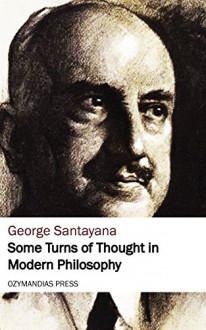A good portrait of Locke would require an elaborate background. His is not a figure to stand statuesquely in a void: the pose might not seem grand enough for bronze or marble. Rather he should be painted in the manner of the Dutch masters, in a sunny interior, scrupulously furnished with all the...
show more
A good portrait of Locke would require an elaborate background. His is not a figure to stand statuesquely in a void: the pose might not seem grand enough for bronze or marble. Rather he should be painted in the manner of the Dutch masters, in a sunny interior, scrupulously furnished with all the implements of domestic comfort and philosophic enquiry: the Holy Bible open majestically before him, and beside it that other revelation—the terrestrial globe. His hand might be pointing to a microscope set for examining the internal constitution of a beetle: but for the moment his eye should be seen wandering through the open window, to admire the blessings of thrift and liberty manifest in the people so worthily busy in the market-place, wrong as many a monkish notion might be that still troubled their poor heads. From them his enlarged thoughts would easily pass to the stout carved ships in the river beyond, intrepidly setting sail for the Indies, or for savage America. Yes, he too had travelled, and not only in thought. He knew how many strange nations and false religions lodged in this round earth, itself but a speck in the universe. There were few ingenious authors that he had not perused, or philosophical instruments that he had not, as far as possible, examined and tested; and no man better than he could understand and prize the recent discoveries of “the incomparable Mr Newton”. Nevertheless, a certain uneasiness in that spare frame, a certain knitting of the brows in that aquiline countenance, would suggest that in the midst of their earnest eloquence the philosopher’s thoughts might sometimes come to a stand. Indeed, the visible scene did not exhaust the complexity of his problem; for there was also what he called “the scene of ideas”, immaterial and private, but often more crowded and pressing than the public scene. Locke was the father of modern psychology, and the birth of this airy monster, this half-natural changeling, was not altogether easy or fortunate...
show less

